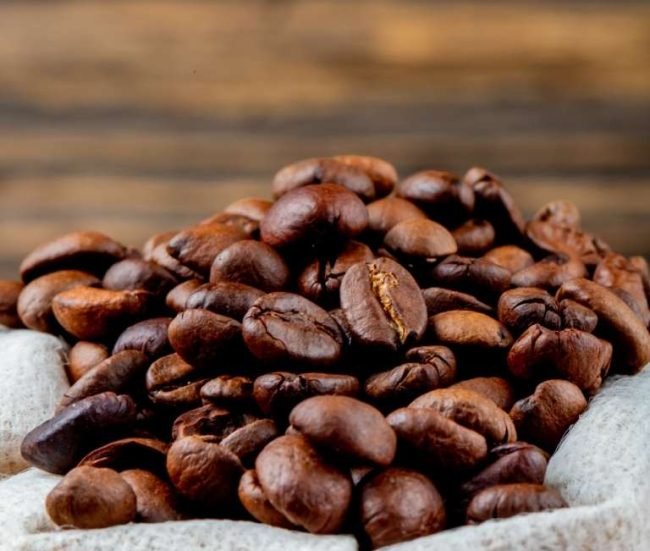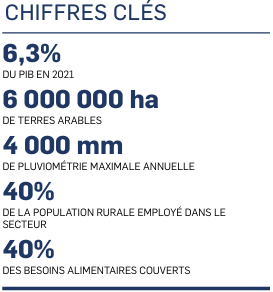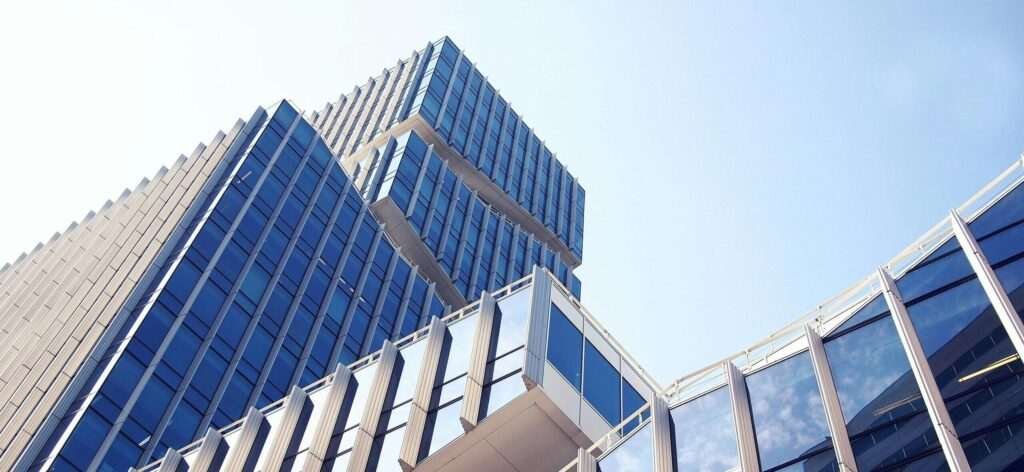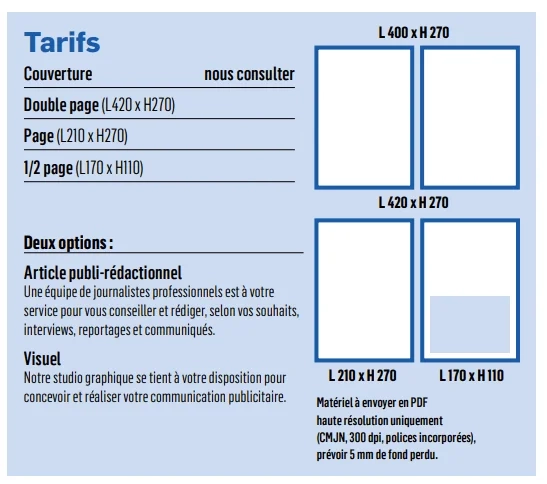Space not available
Reserve this advertising space
Selected ad format
The file format is not recognized
Click here for
send an announcement
Click here to transmit
an announcement
Drag and drop here
or
send an announcement
Send the ad up to 8 days after payment
A link will be sent to you by advertising@via-agency.fr
Bottom reference
Reserved space
Announcement transmitted
Reference
– The main agricultural sectors

To diversify its economy, Gabon has decided to revive its agriculture, by developing part of its 5.2 million hectares of arable land that is still under-exploited in order to, by 2025, produce locally more than 50% of its food consumption.
Space not available
Reserve this advertising space
Selected ad format
The file format is not recognized
Click here for
send an announcement
Click here to transmit
an announcement
Drag and drop here
or
send an announcement
Send the ad up to 8 days after payment
A link will be sent to you by advertising@via-agency.fr
Bottom reference
Reserved space
Announcement transmitted
Reference
Crude palm oil production was up 1,201 tonnes at the end of September 2021. The diversification of the Gabonese economy in recent years has seen significant agricultural investments, particularly in the palm oil sector. By 2023, Gabon aims to be the leading exporter of crude palm oil in sub-Saharan Africa. Gabon plans to increase its production from 3,200 tonnes
of palm oil produced in 2013 to 425,000 tonnes produced in 2025. (Source: FAOSTAT) Gabon wants to revitalize its coffee sector. The smallest country in coffee production, with 109 tonnes produced in 2019 and 99 tonnes in 2020, Gabon is not lacking in ambition and plans to join the top 20 African producers within five years.
Technical, scientific, and commercial cooperation with Vietnam is expected to boost Gabon's coffee industry. Through the Processing Acceleration Plan (PAT), the Caistab (General Directorate for Coffee and Agriculture), under the supervision of the Ministry of Economy and Recovery and the Ministry of Agriculture, Livestock, Fisheries, and Food, has undertaken to revive Gabon's coffee industry. Pursuant to its National Land Allocation Plan (PNAT), the Gabonese government has earmarked 10,000 hectares for coffee cultivation. The land will be selected based on proximity to key infrastructure (roads or railways, drinking water and electricity networks, etc.), which are essential to boost its operations. Gabon has also established a partnership with Vietnam, the world's second-largest coffee producer and the leading producer of Robusta. The government also intends to revive the cocoa industry.
Space not available
Reserve this advertising space
Selected ad format
The file format is not recognized
Click here for
send an announcement
Click here to transmit
an announcement
Drag and drop here
or
send an announcement
Send the ad up to 8 days after payment
A link will be sent to you by advertising@via-agency.fr
Bottom reference
Reserved space
Announcement transmitted
Reference

Brown gold supports approximately 3,000 farmers. Between 1970 and 2015, the country's cocoa production, weakened by fluctuating world prices and without support from successive governments, was reduced by almost 120 times, from over 6,000 tons to just 53 tons. In 2020, it had risen to 109 tons before falling back to 53 tons this year due to health measures against Covid-19. By 2022, the country is aiming for a production of 250 tons, and 3,000 tons within five years. The General Directorate of Stabilization and Equalization Funds in Gabon (DGCSP), better known as Caistab, has become the government's strong arm for the cocoa-coffee sector. Since its launch three years ago, the Jecca project has led to the creation of 409 hectares of cocoa trees. The goal is to plant 1,000 hectares of cocoa trees by 2025 to prevent the rural exodus of 1,000 young people. Despite the contrasts of 2021, national production of wet natural rubber increased by 4.6%; it stands at 18,379 tonnes following the ramp-up of Olam plantations. At the same time, the volume of rubber processed decreased by 25% to 5,496 tonnes, in connection with the problems encountered by the Siat company during the first half of the year.
On the commercial front, the drop in exports of 32.4% led to a drop in turnover of 2.6%. This represents a year-on-year change of 7.2 billion CFA francs. On the commercial front, the contraction of 32.4% in exports of machined rubber generated a drop in
turnover of 2.6%, representing a year-on-year change of 7.2 billion CFA francs. Regarding employment, the workforce fell by 13.3% to 855 employees for a payroll of 2.7 billion CFA francs. The economic and social impact of the exploitation and processing of tropical products – pineapple, coconut, mango, avocado, cashew, moringa – must be amplified by long-term investments. The main food crops are essentially cassava and plantains. Most of the food production is self-consumed.
In terms of production, 8,751 hectares of land in Haut-Ogooué were allocated in 2020 by the State to the African Sugar Company of Gabon (Sucaf) for sugarcane cultivation. While the new foreign exchange regulation policy in the CEMAC zone has disrupted sugar imports into Gabon, the local industry is still struggling to meet the needs of the population. The situation represents
an opportunity for the country to work on its sugar self-sufficiency goals.
Space not available
Reserve this advertising space
Selected ad format
The file format is not recognized
Click here for
send an announcement
Click here to transmit
an announcement
Drag and drop here
or
send an announcement
Send the ad up to 8 days after payment
A link will be sent to you by advertising@via-agency.fr
Bottom reference
Reserved space
Announcement transmitted
Reference


















 A Seat That Transforms into a Bed
A Seat That Transforms into a Bed  In the world of air travel, economy class is often considered the most affordable option. However, at Air Afrika, we believe that affordability shouldn't mean compromising on quality of service. Our class
In the world of air travel, economy class is often considered the most affordable option. However, at Air Afrika, we believe that affordability shouldn't mean compromising on quality of service. Our class









